Dismantling the geopolitical Bretton Woods
Statements by Donald Trump, the business magnate turned serious contender for the Oval Office, assert that he wants “good” political and economic deals for the U.S. - even if it means dismantling alliances, i.e. the geopolitical equivalents of Bretton Woods that underwrote the U.S .domination in Europe, Asia and Middle East for more than six decades. A new era could dawn.

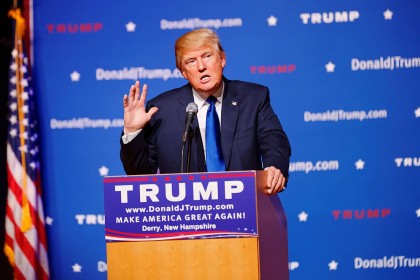
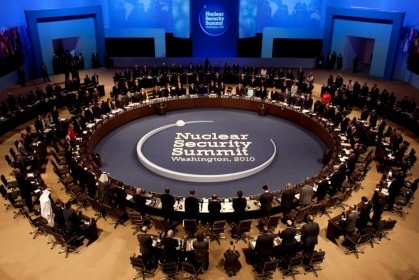
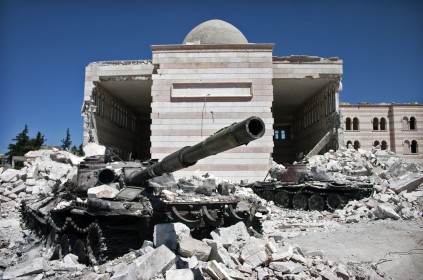
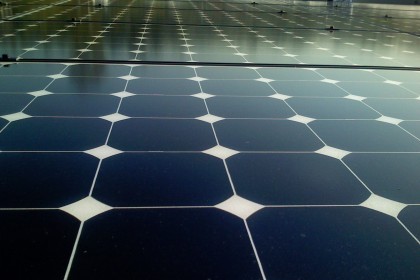

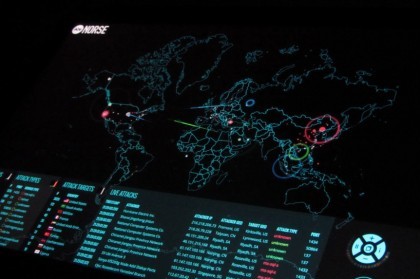


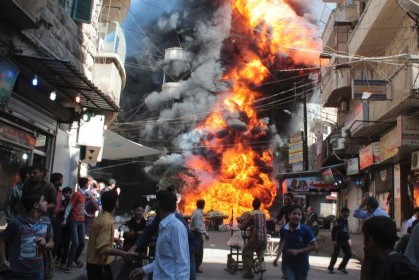

![DSC_0211[1]](https://www.gatewayhouse.in/wp-content/uploads/2016/01/DSC_02111-e1452754538418.jpg)